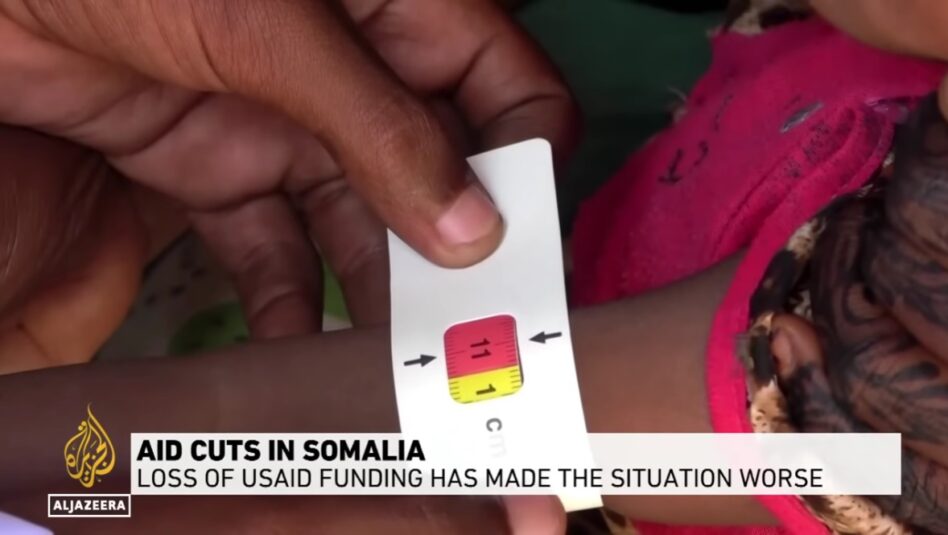PUTRAJAYA: The government will ensure that the digitalisation of the country’s economy will not leave anyone out of the mainstream of development premised on the 3A services concept of available, accessible and affordable, says Finance Minister Lim Guan Eng.
Citing a Statistics Department report, he said the digital economy is expected to contribute more than 21% to the Gross Domestic Product (GDP) in 2022 compared to 18.5% in 2018.
“As was announced in Budget 2020, the government has allocated RM450 mil for the e-wallet programme to encourage digital payment usage among consumers and traders,” he said when closing the Putrajaya LIFT (Literacy in Financial Technology) Festival 2019 here.
The e-wallet programme, which is expected to benefit 15 million people, offers a one-off RM30 credit for those aged 21 and more with an income of less than RM100,000 a year that can be redeemed in January and February.
To spur the country’s digital economy, Lim said, the government is investing RM21.6 bil until 2023 to realise the National Fiberisation and Connectivity Plan which would expand access to high-speed broadband internet at reasonable cost.
The government, he added, encourages SMEs to digitalise their business processes with an initiative of RM3.7 bil within five years.
Lim said the government also has a guarantee scheme worth RM6 bil to encourage automation, digitalisation and use of Industry 4.0 technologies such as artificial intelligence, big data analytics and robotics among companies.
“The digital economy does not depend only on infrastructure and programmes. A competitive market is also important,” he added.
The minister noted that a policy to address monopoly power has increased the number of 100 mbps broadband users to 1.2 million people at the end of 2018 compared to 155,000 people before the implementation of the policy at end-2017.
At the same time, people need to be aware of the rampant cyber crimes even as enjoy the digitalisation of the country’s economy and facilities.
Citing a CyberSecurity Malaysia report, Lim said 7,092 digital fraud cases were reported in the first 11 months of this year, compared with 5,123 in 2018.
“While supporting the digitalisation of the economy, the government always ensures that digital and financial services suppliers pay attention to security measures on their platform,” he added. – Bernama









